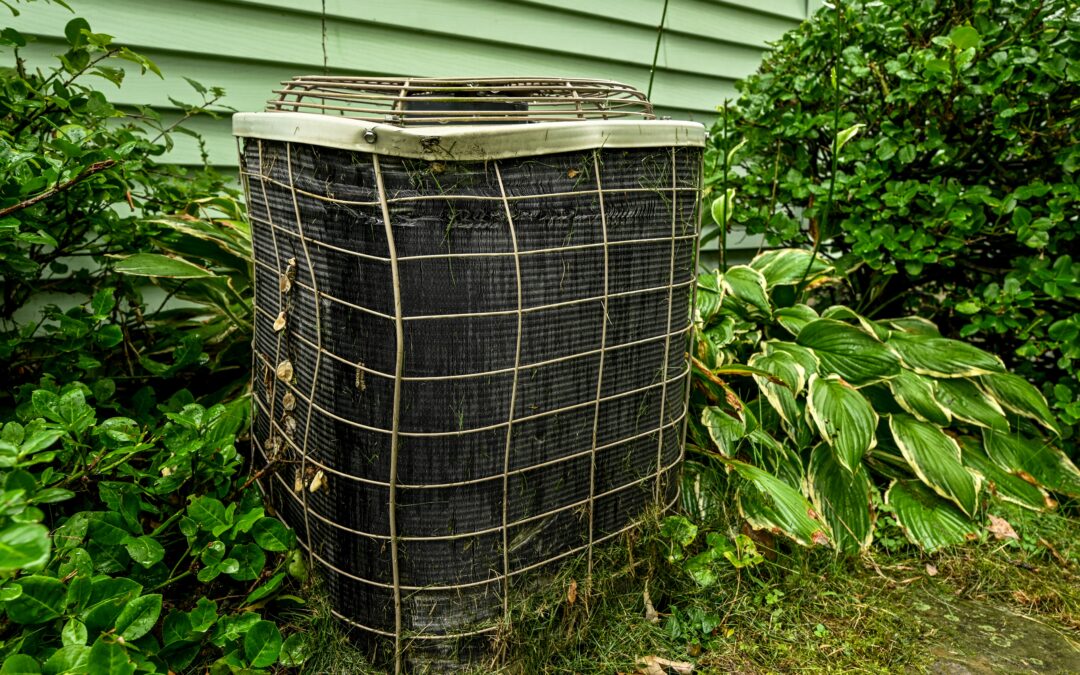Hurricane Beryl caused significant damage to the greater Houston area, and a week later there are still many homes without power. Typically we do not get hurricanes this early in the season, which means that this season could be an active one. The delicate balance of an HVAC system’s components can be easily disrupted by the high winds, torrential rains, and power failures that accompany these powerful storms. Continue reading as we discuss common HVAC problems that happen during hurricanes and what you should do about it.
Some common issues that homeowners may face with their HVAC systems during a hurricane include:
Power Outages: Hurricanes can cause widespread power outages, leading to the HVAC system being unable to operate. Without electricity, heating and cooling systems will not function, impacting your comfort indoors.
Flooding: Heavy rains and flooding associated with hurricanes can damage the HVAC system, particularly outdoor units. Water exposure can lead to short circuits, corrosion, and other electrical issues that affect the system’s performance.
Debris Damage: High winds during a hurricane can cause debris like branches, leaves, or flying objects to impact the HVAC unit. This can result in physical damage to the equipment, affecting its functionality.
Ductwork Damage: Strong winds and flying debris can also damage or dislodge ductwork connected to the HVAC system. Damaged ducts can lead to air leaks, reducing the system’s efficiency and potentially causing indoor air quality issues.
Clogged Condenser Coils: After a hurricane, debris and dirt can accumulate on the outdoor condenser coils, obstructing airflow and reducing the system’s cooling capacity. Regular maintenance is necessary to clean and inspect the coils for optimal performance.
Refrigerant Leaks: Extreme weather conditions during a hurricane can result in refrigerant leaks from the HVAC system. Refrigerant leaks not only impact cooling efficiency but can also be harmful to the environment.
Now that we know what problems can occur, next we will explain what to do next when these issues happen in your home.
Power Failures:
- Check the circuit breaker panel to ensure the HVAC system is receiving power. Reset any tripped breakers if necessary.
- If the power failure is widespread, wait for the electricity to be restored before attempting to turn on the HVAC system.
Flooding:
- If the HVAC system has been exposed to water or flooding, do not attempt to turn it on. Contact a professional HVAC technician to inspect the system for damage.
- Remove any standing water around the outdoor unit to prevent further damage.
Debris Damage:
- Inspect the outdoor unit for any visible damage caused by debris. Remove any debris that may be obstructing airflow.
- If there is significant damage, contact an HVAC technician to assess and repair the unit.
Clogged Condenser Coils:
- After the storm has passed, clean the condenser coils if they are covered with debris. Use a soft brush or gentle water spray to remove dirt and debris.
- Ensure proper airflow around the outdoor unit by clearing any obstructions.
Refrigerant Leaks:
- If you suspect a refrigerant leak, do not attempt to fix it yourself. Contact a licensed HVAC technician to inspect the system and repair any leaks.
As you can see, most major issues that happen to your HVAC system should be inspected, diagnosed and fixed by a licensed HVAC technician. At JW East, we are a family-owned business serving the greater Houston area for more than 30 years. Our experience speaks for itself. If your home’s HVAC system is not working correctly after hurricane Beryl, give us a call today!

